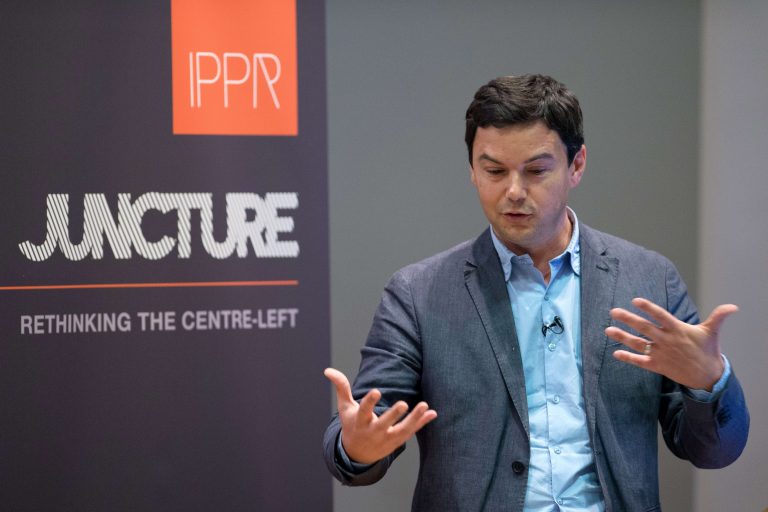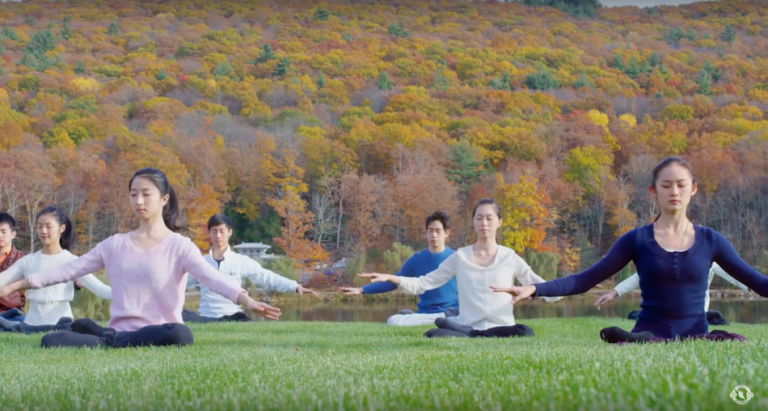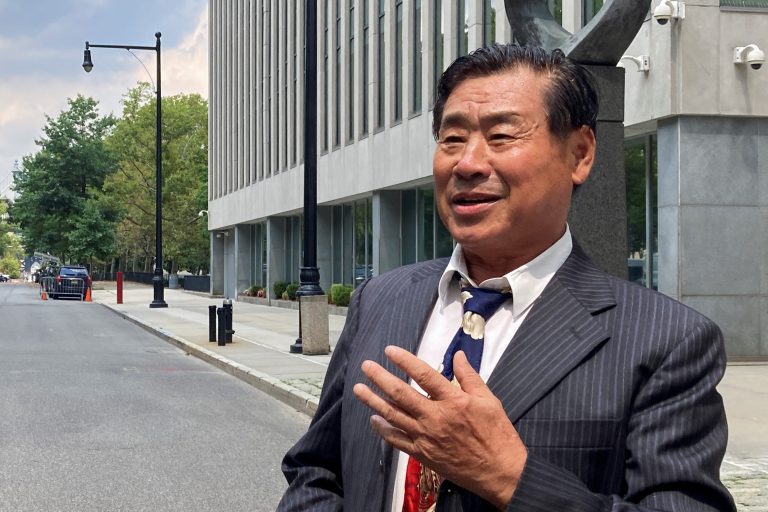The Pentagon has stepped up promotion of socially progressive ideology in the ranks of the U.S. military as incumbent officials neglect the strong approach to China formulated during the Trump era
Thomas Piketty, a French professor of economics, gave a lecture at the National Defense University in Washington, D.C. on Feb. 16 arguing that a “democratic and participatory, ecological, and post-colonial socialism” is the key to winning America’s confrontation with Communist China.
The academic, a professor at the Paris School of Economics and the School for Advanced Studies in the Social Sciences, says that the U.S. and other democracies are setting themselves up for failure if they “stick to their usual lecturing posture and a dated hyper-capitalist model” in handling the People’s Republic, per an introduction released prior to the event.
Piketty’s speech is to be made available for public access later in the week.
READ MORE:
American values or the ‘primary stage of communism’?
Success
You are now signed up for our newsletter
Success
Check your email to complete sign up
The event invitation notes that the U.S. and its allies “are still struggling to define their attitude towards the Beijing regime” — a poignant observation given that the Biden-Harris administration has yet to release a China strategy since assuming office last Jan. 20.
While the White House has described China as a “long-term foreign policy challenge” for the U.S., and issued condemnation of Beijing’s human rights abuses, the administration’s stance has avoided the kind of overarching heard from officials of the Trump era.
In October 2018, then-Vice President Mike Pence gave a speech setting America’s pursuit of constitutional government apart from the Chinese Communist Party’s authoritarianism. Starting the next year, Trump appointees launched multiple broadsides against the CCP as the White House clamped down on Chinese espionage, sanctioned Party officials, slapped tariffs on Chinese products, and took action to curb Beijing’s international expansion. In October 2019, then state secretary Mike Pompeo questioned the legitimacy of the Communist Party itself, labeling it a totalitarian regime “bent on struggle and international domination.”
Pompeo further articulated the Trump administration’s approach to the “China Challenge” in 2020, delivering remarks that July in which he championed faith in the U.S. Constitution as the answer to CCP aggression and “united front” strategies aimed at co-opting foreign elites.
Without grounding in America’s founding principles, he warned, the effort to “protect and promote human rights is unmoored and, therefore, destined to fail.”
In 2020, U.S. officials barred CCP members from entry to the United States, stepped up recognition of Taiwan, and sanctioned officials for their involvement in suppressing the Hong Kong protests, taking part in the Xinjiang internment camps, and persecuting Falun Gong.
READ MORE:
- Bombarded by Obscenities From Communist China, Pompeo Doubles Down on Sanctions
- US Issues First Sanctions Targeting Beijing for Persecution of Falun Gong
- Beijing Fumes as America’s UN Ambassador Announces Taiwan Trip
Upon taking office, the Biden administration quickly walked back the approach of its predecessors, with the “China Challenge” page describing the CCP as an ideological threat to America being removed from the State Department website.
The Biden administration has shied from directly confronting Beijing or its Marxist ideology, which holds that socialism is the “primary stage” for achieving communism.
A recent analysis by Politico has identified impasses in the White House’s efforts to form a coherent strategy on China, noting that the administration is “split into factions” that disagree on what they want to achieve in America’s approach to Beijing.
“Biden is hemmed in between what voters at home expect and what overseas allies want,” Politico reported. As a result, “efforts to create a pan-Asian plan to elbow China aside have barely moved at all.”







